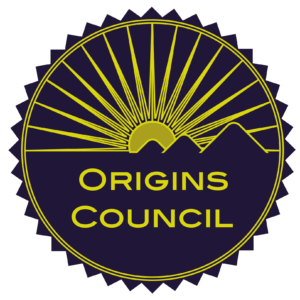SACRAMENTO, Calif. –
A group of academic researchers, scientists, and community based organizations have joined forces to develop a multidisciplinary, community-based participatory research (CBPR) study that will identify, document, and help to preserve the history, value, and diversity of California’s legacy cannabis genetics and the communities that steward them. This will be the first such study of its kind, and is intended to establish a replicable research model for underserved cannabis producing communities globally.
Community-based participatory research is a partnership approach to research that equitably involves community members, organizational representatives, and academic researchers in all aspects of the research process. The community organizations partnered on this study are Origins Council (OC), a California nonprofit public policy and research institute serving California’s historic rural cannabis farming regions, and the Cannabis Equity Policy Council (CEPC), a statewide equity advocacy organization representing the interests of Black, Indigenous, and people of color (BIPOC) in urban communities.
The study is being collaboratively led by a multidisciplinary team of researchers including Principal Investigator DR. DOMINIC CORVA, Assistant Professor of Sociology and Program Leader of the Cannabis Studies major at California State Polytechnic University, Humboldt; Co-Principal Investigator GENINE COLEMAN, Executive Director of Origins Council; Co-Principal Investigator DR. RACHEL F. GIRAUDO, Associate Professor of Anthropology at California State University, Northridge; Co-Principal Investigator DR. TODD HOLMES, historian with the Oral History Center at the Bancroft Library, University of California, Berkeley; Co-Principal Investigator DR. ELEANOR KUNTZ, Co-founder of Canndor the world’s first cannabis herbarium and Co-founder and CEO of LeafWorks, a genomics and plant science company. “This research seeks to empower and protect California’s legacy cultivation communities who have overcome great adversity to innovate and steward one of the most important collections of cannabis genetic resources in the world.” – Genine Coleman, Executive Director of Origins Council. Research outputs will include: a special collection in Canndor herbarium; cannabis genomics data; a special collection cannabis herbarium; oral histories and ethnographic interviews; a series of educational webinars and publications regarding intellectual property tools for genetic resources; a suite of research-based public policy recommendations; and advancement towards research-based, community-driven consensus on the definition of legacy cannabis.












